This article covers the five best web servers for all your use cases. Dive deeper into their use cases and features.
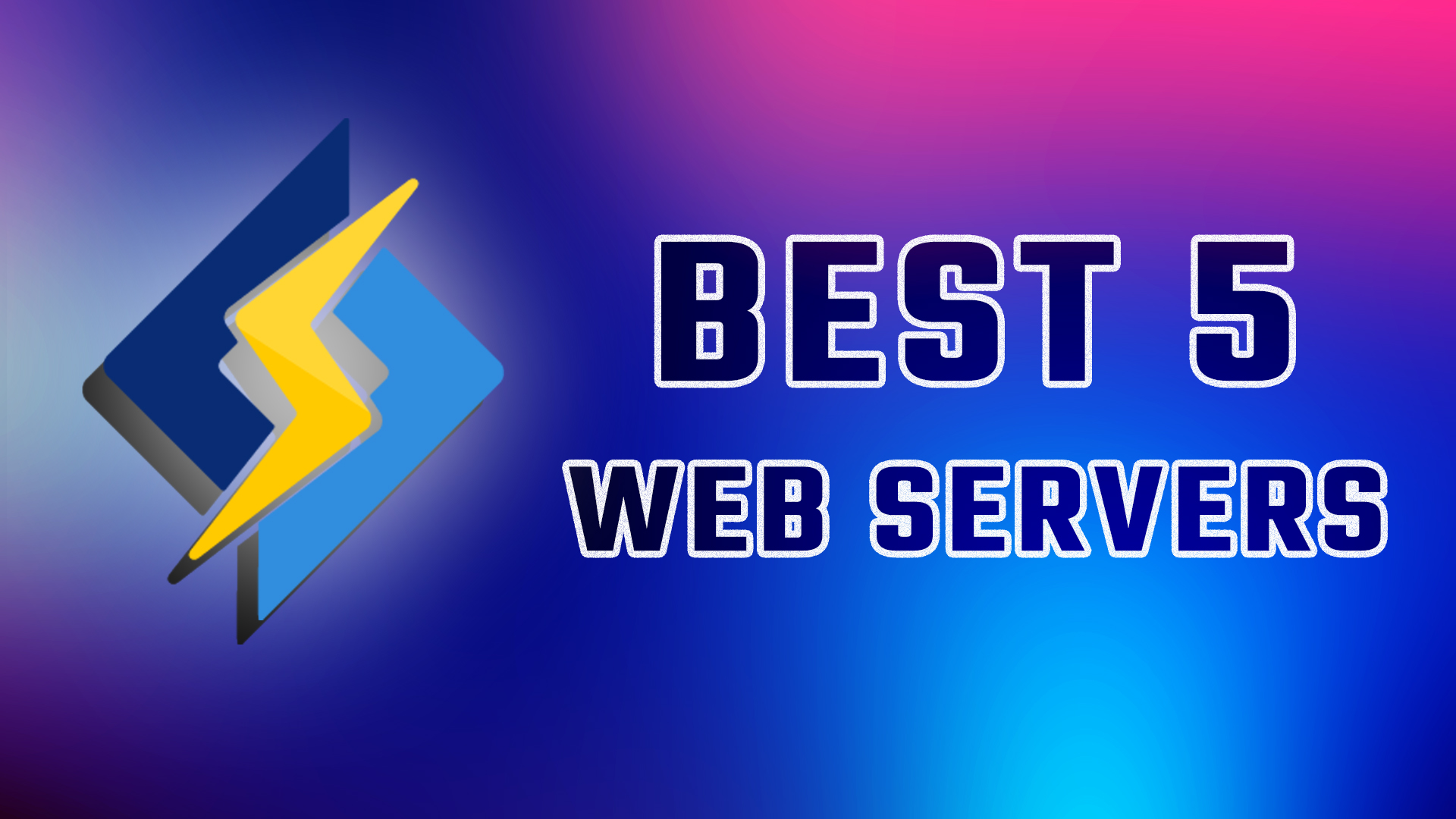
When building a website, say either WordPress or native HTML5, you need a platform to run it on; that’s where the web server’s role comes into play. It’s like drawing a picture, but you need something to draw on. Now that that’s clear, your options can vary a lot, just like the choices you make while drawing, for example, pencil sketch, watercolor, you need specific equipment for each.
With that said, we have specific web servers serving each website use case. This article explores all the available options out there.
Disclaimer – I have mentioned the use of Varnish cache at the end. Now, in simple terms, Varnish cache is a reverse proxy caching HTTP accelerator, meaning it sits in front of a web server (like Apache or nginx) and caches frequently accessed content. After that, it serves directly to users, which drastically reduces load on the backend servers.
1. NGINX Web Server
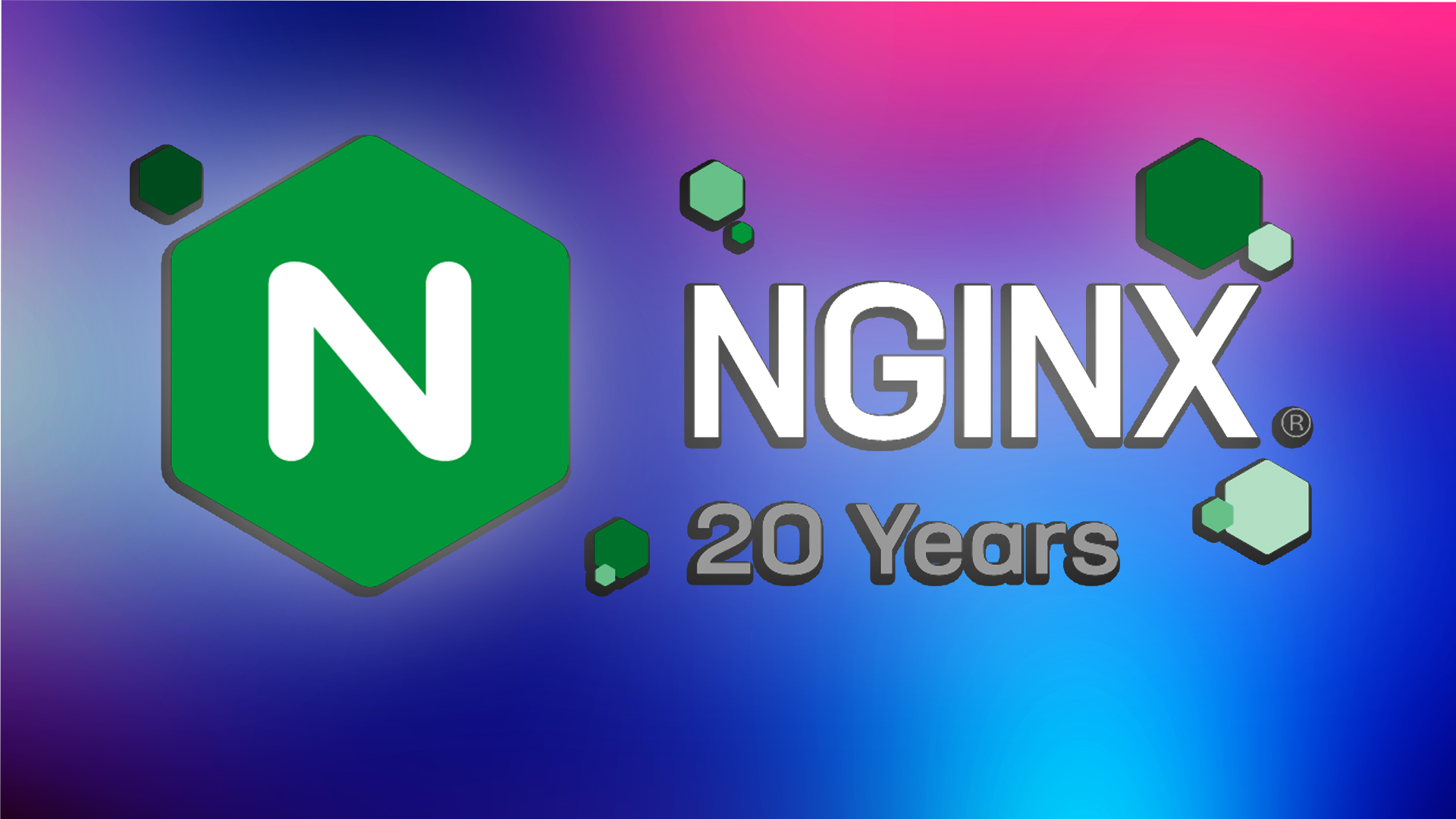
NGINX is the bread and butter of large-scale websites with multiple web servers customized and distributed across the continent. The learning curve with this web server can be steep, and beginners often rely on web-server hosting panels such as cPanel. NGINX (engineX) offers incredible versatility for users to create and set up almost any web server they want.
Key Features
- Nginix is optimized explicitly to serve static content with minimal latency.
- It functions as a reverse proxy, supporting load balancing and distributing traffic across multiple backend servers.
- It has an asynchronous architecture, which enables handling more I/O requests with fewer resources.
- Support for HTTP/2 and HTTP/3 protocols, including QUIC (UDP).
- Runs on Linux, Windows, and macOS.
2. Apache Web Server
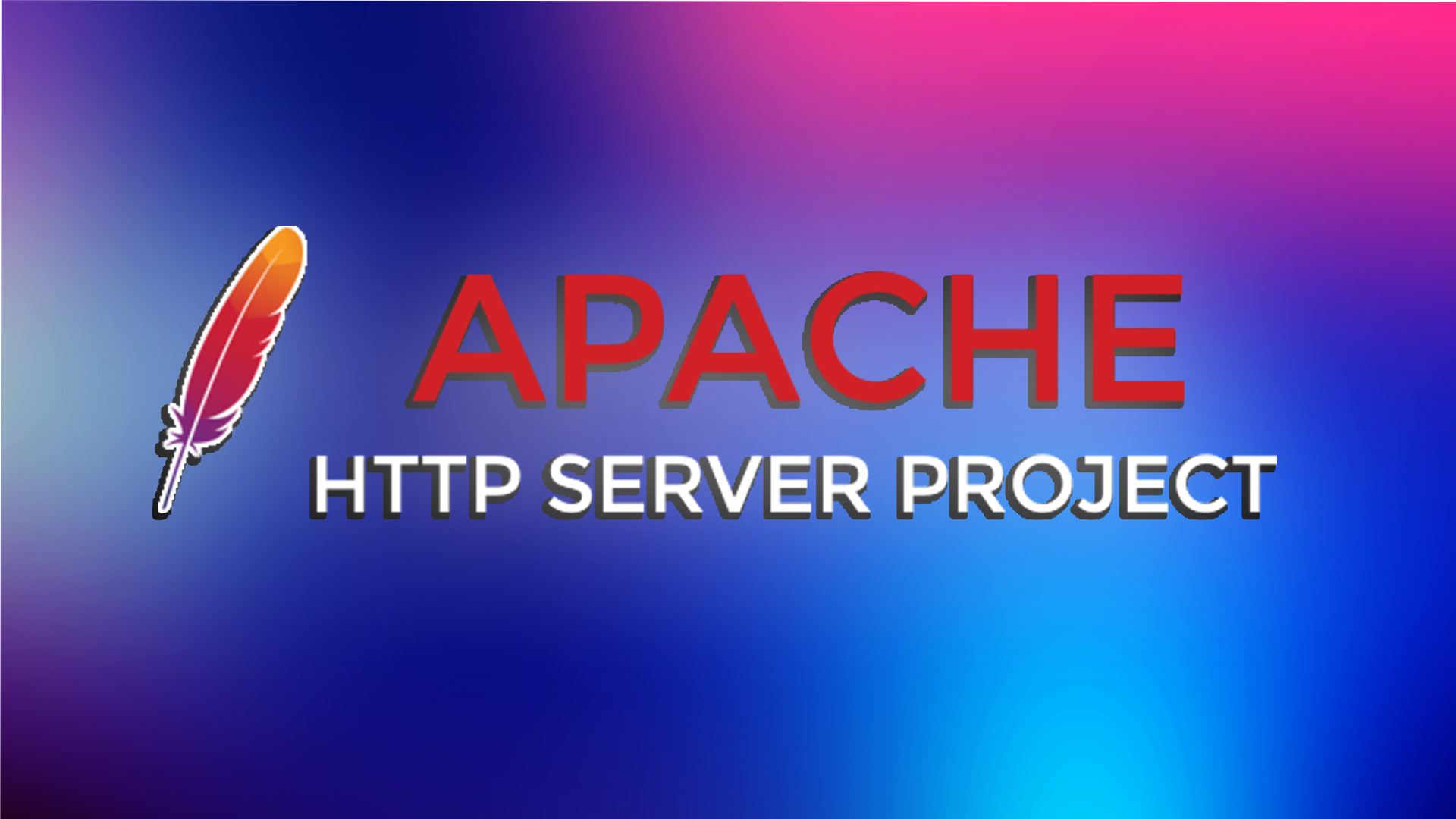
Apache is the oldest and one of the most reliable web servers available. Web masters regard it for its stability and uptime. Although it’s relatively slow compared to the ones mentioned here, it makes an excellent choice for websites with dynamic content, such as sports and news websites, where content is updated frequently.
Apache can also be paired with Nginx as a reverse proxy and used to deliver super-fast dynamic and static content across the continent. The web server also has a steep learning curve, so beginners might need more time to understand it. Considering everything, Apache remains one of the most flexible web servers in the industry and continues to be a staple worldwide.
Key Features
- Modular architecture to load specific features as needed using modules.
- Compatible with PHP, Perl, Python, Ruby, and more.
- Allows advanced customization through .htaccess files.
- Includes mod_security support for protection against vulnerabilities.
- Works seamlessly on Linux, Windows, and macOS.
3. LiteSpeed Web Server
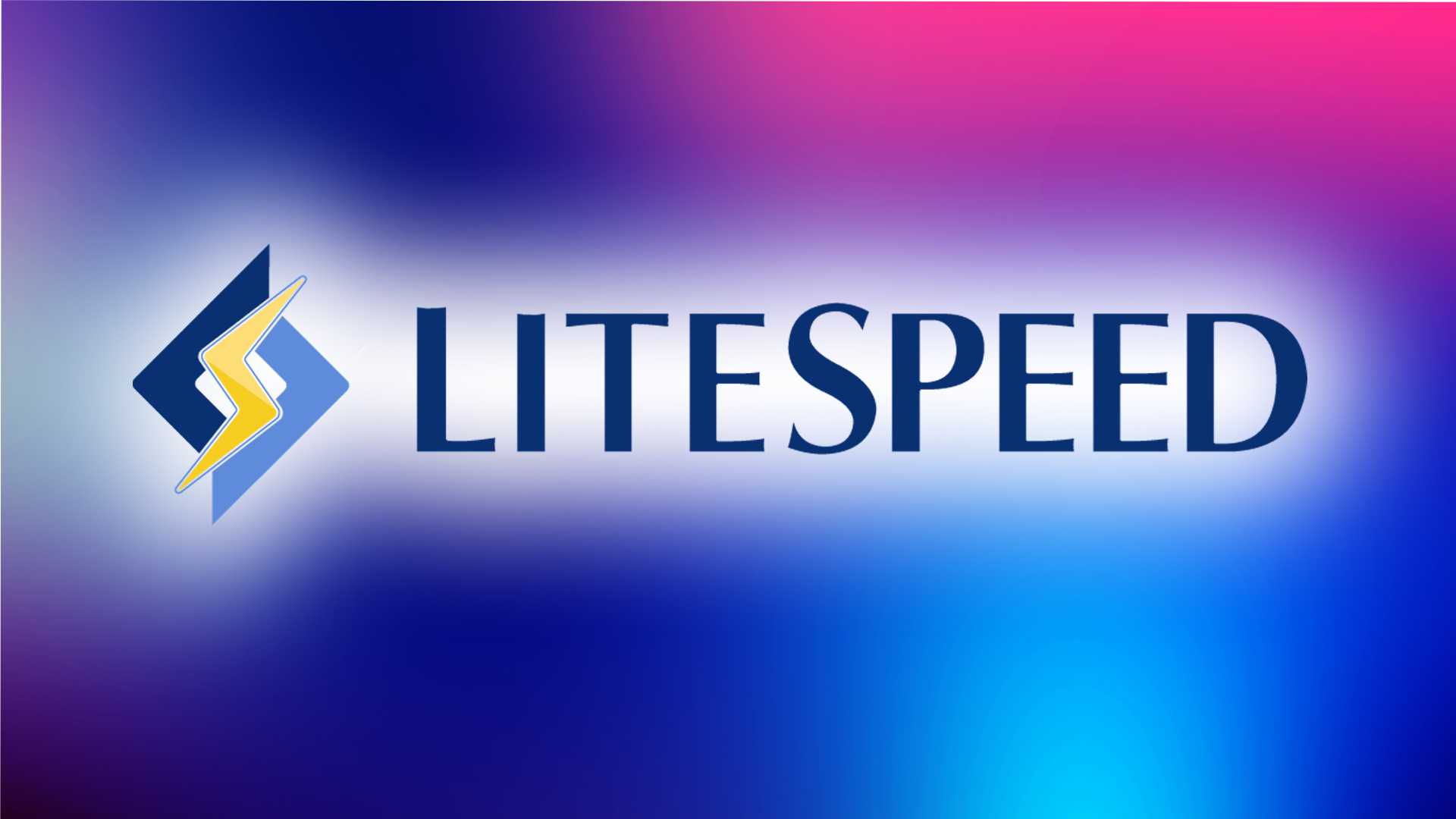
As the name suggests, Litespeed is a drop-in replacement for Apache in specific use cases, such as simultaneous connections. Litespeed’s multi-threading capabilities are remarkable, and its learning curve is easy. The web server has an intuitive GUI highlighting everything users need to follow to set up the website. LiteSpeed offers two iterations: OpenLiteSpeed, which is completely free, and LiteSpeed Enterprise, which comes with a 30-day trial.
Key Features
- It has an event-driven architecture that is significantly faster than Apache’s process-based model.
- LiteSpeed Cache (LSCache) is a built-in caching plugin for dynamic content acceleration.
- Zero Downtime Updates specific for the enterprise version, which ensures stability during server updates.
- Supports .htaccess files from Apache and mod_security rules natively.
- HTTP/2 and HTTP/3 protocols support, including QUIC (UDP).
4. Caddy Web Server
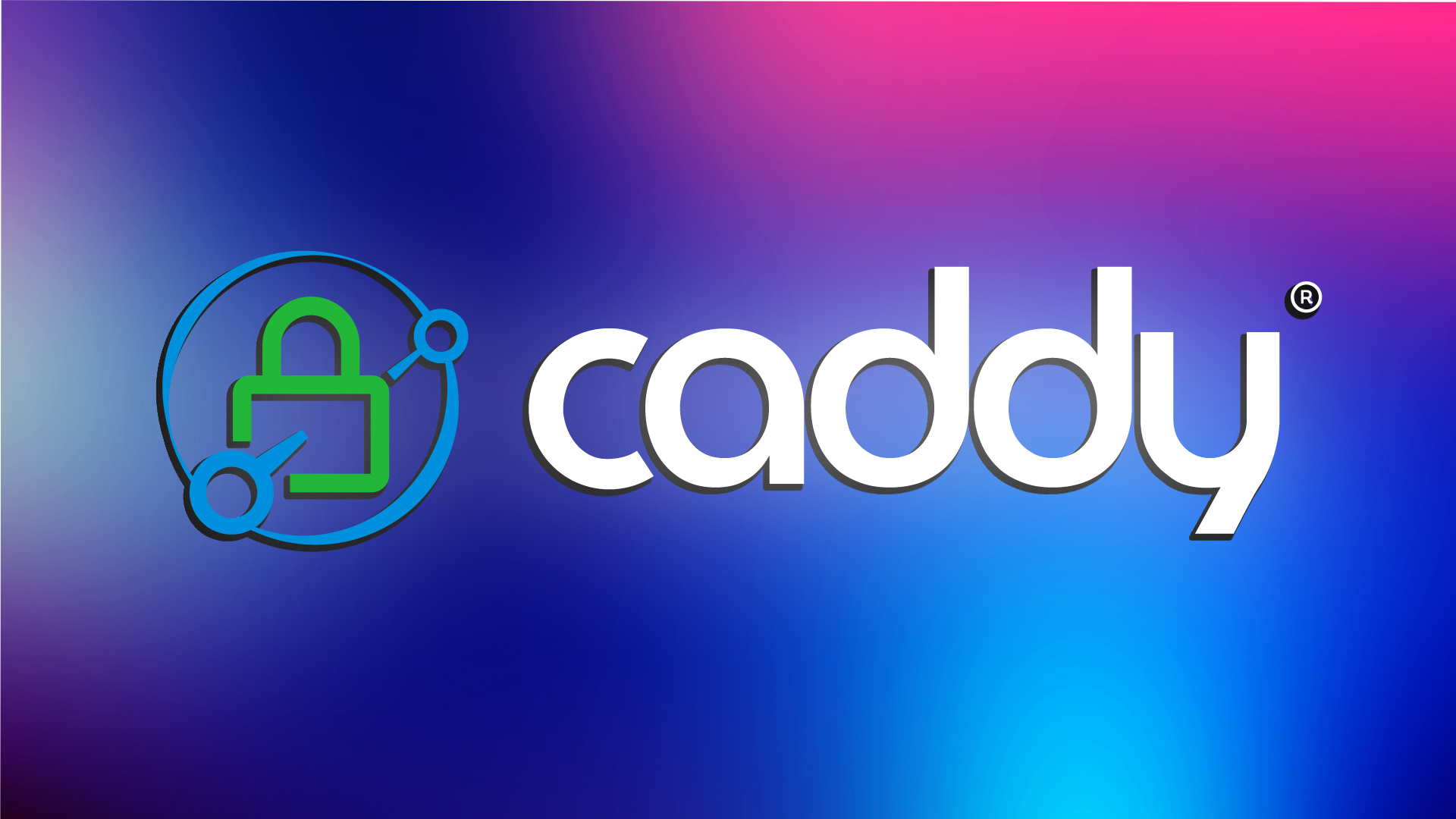
Caddy is a simple, beginner-friendly web server that has automatic HTTPS configuration. This web server is ideal for web developers testing their apps /websites.
Key Features
- Automatically obtains, configures, and renews TLS certificates by default.
- Enables web-based configuration administration and supports the REST API.
- Runs in an encapsulated environment.
- Allows the integration of multiple services into a single server instance.
- Runs on Windows, macOS, Linux, BSD, Android, and more.
5. Microsoft IIS (Internet Information Services)
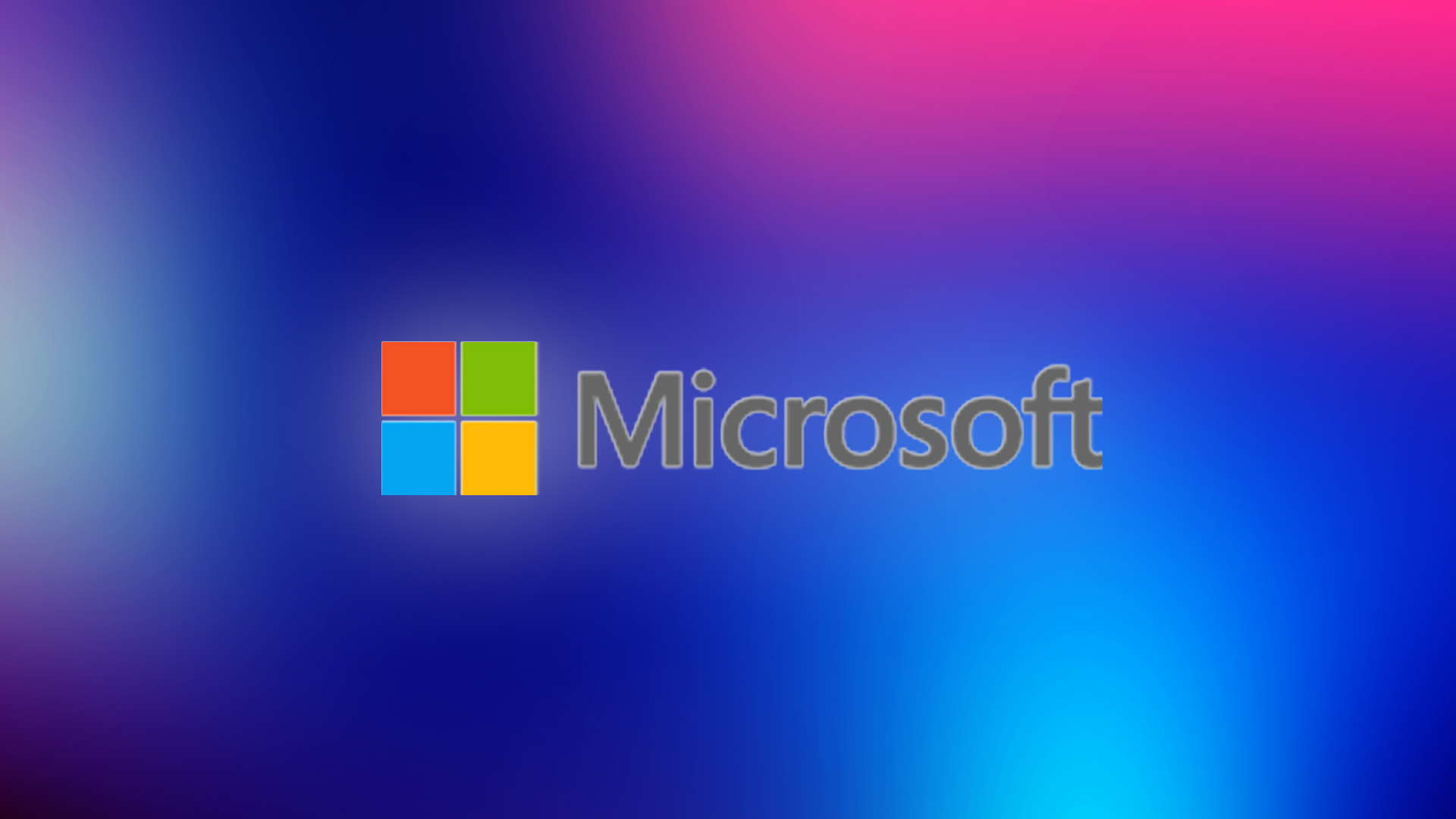
IIS is Microsoft’s take on web servers, renowned for their reliability within the enterprise segment. It is incredibly flexible and can support any sort of website integration. Starting from media streaming to web applications and even more.
Key Features
- Handles high traffic volumes effectively in enterprise environments.
- Protects applications with features like request filtering and authentication protocols.
- It is specifically tuned to perform consistently under heavy workloads.
- Support Azure integration for scalability and reduced latency.
- Support for GUI-based Management Tools to simplify server administration through a user-friendly interface.
- Supports the latest HTTP protocols, including HTTP/2 and HTTP/3, along with QUIC (UDP)
Key Takeaways
In summary, each web server serves unique purposes and falls into the following categories.
- Enterprise – Microsoft IIS or Apache or Apache combined with Nginx as a reverse proxy
- Homelab / Self-funded project – Open Litespeed / Nginx
- E-commerce website – Nginx + Apache + Varnish Cache
- Blogging Website – Litespeed Enterprise / Openlitespeed / Nginx + Apache, along with Varnish Cache
Looking For More Related to Tech?
We provide the latest news and “How To’s” for Tech content. Meanwhile, you can check out the following articles related to PC GPUs, CPU and GPU comparisons, mobile phones, and more:
- 5 Best Air Coolers for CPUs in 2025
- ASUS TUF Gaming F16 Release Date, Specifications, Price, and More
- iPhone 16e vs iPhone SE (3rd Gen): Which One To Buy in 2025?
- Powerbeats Pro 2 vs AirPods Pro 2: Which One To Get in 2025
- RTX 5070 Ti vs. RTX 4070 Super: Specs, Price and More Compared
- Windows 11: How To Disable Lock Screen Widgets
 Reddit
Reddit
 Email
Email


